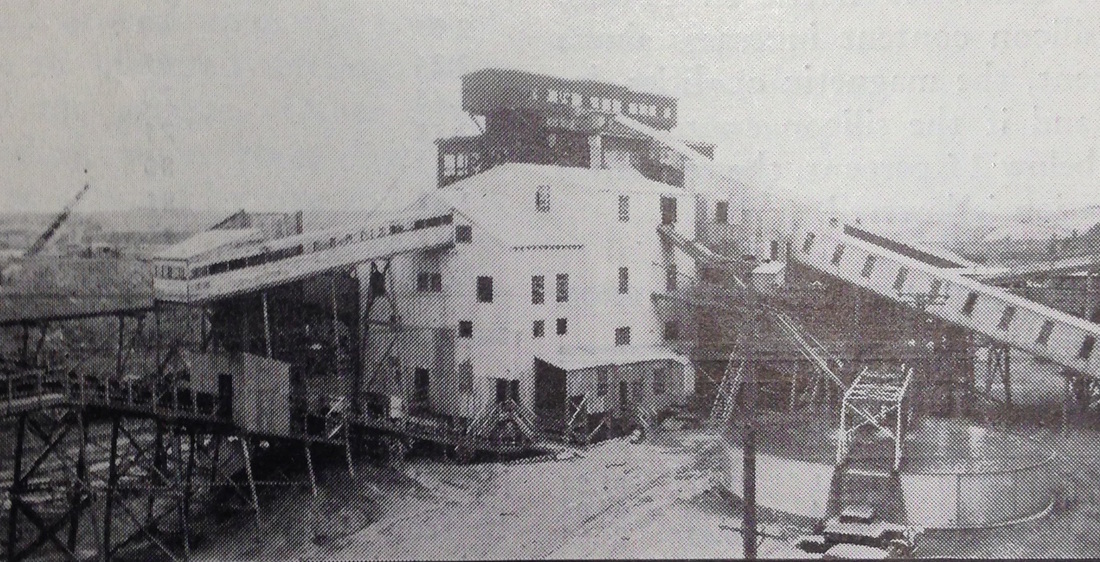|
Ore is an economic term Fred Quivik, 2015 I've been fortunate to work with a number of great mentors and colleagues during my time as an archaeologist for the Forest Service, and as a graduate student at Michigan Tech. A benefit of being in academia is the opportunity to listen to other researchers present their own work. A recently retired history professor from MTU, Fred Quivik, who I've worked with during my MS and PhD research, presented a paper in November of 2015 on mill tailings in Montana. During this talk Fred highlighted an important fact, one that I had overlooked as I've studied mining - simply that "Ore is an economic term".
Whoa! That cogent sentence changed the way I understood the mining industry, and changed the way I looked at concepts like value and waste. In mining, what is value today, might be waste tomorrow - and vice-versa - judgments based on economics, technological development, and culture. In mining heritage we can see similar parallels, as what we value collectively can change with time, with politics, and with economics. Both of these fields, mining and mining heritage, ascribe value judgements to things, such as minerals, machines, and memory, based on shifting, and abstract cultural constructs. Since Fred's talk and as my research has progressed, I've found myself writing and reflecting about concepts like value and waste - especially how it relates to mining, heritage, and the environment - examining closely the often blurry line that we draw to divide the two. I will return to this idea later - but for now we will explore the history of the Harrison Concentrator, the third beneficiation plant constructed in the Mesabi Range, which the Butler Brothers Mining Co. used to convert a material previously considered waste into an abundant source of value in the form of iron ore concentrates.
3 Comments
|
AuthorJohn Baeten holds a PhD in Industrial Heritage and Archaeology from Michigan Technological University. His research aims to contextualize the environmental legacies of industrialization as meaningful cultural heritage. Archives
May 2016
Categories
All
|

 RSS Feed
RSS Feed
